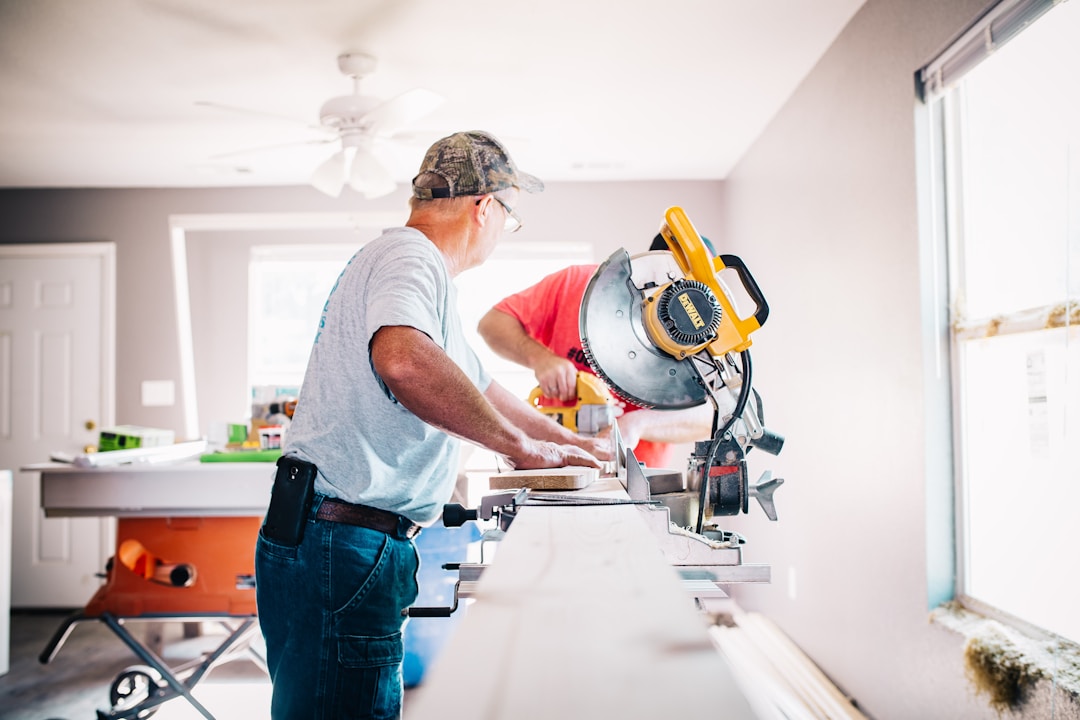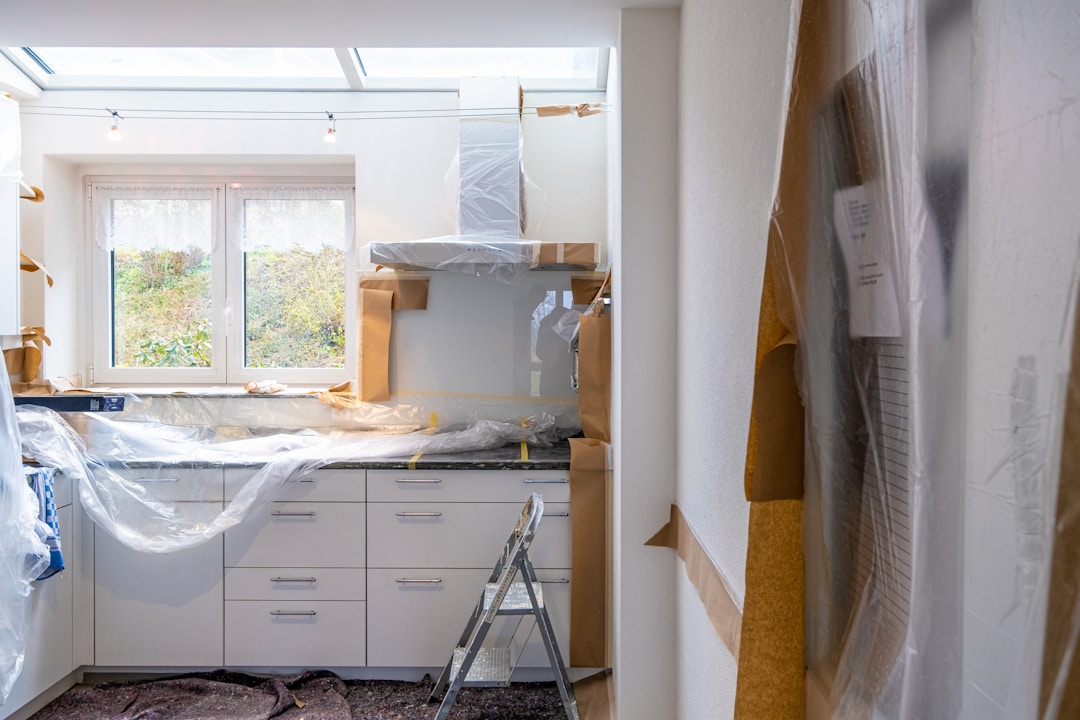 Keeping a well-maintained home is not only a matter of pride for most homeowners but also critical to preserving the property’s value and ensuring safety. Below, we’ll explore some essential tips and strategies for maintaining and updating your home efficiently.
Keeping a well-maintained home is not only a matter of pride for most homeowners but also critical to preserving the property’s value and ensuring safety. Below, we’ll explore some essential tips and strategies for maintaining and updating your home efficiently.
Understanding the Importance of Regular Home Maintenance
Regular home maintenance is much like getting a checkup at the doctor’s office; it’s about prevention rather than cure. Catching potential issues early can prevent them from becoming major problems, saving you from large-scale repairs and expenses. Simple tasks, like regular gutter cleaning, can prevent water damage, and checking the roof can avoid leaks that lead to interior damage.
Not all maintenance requires expert skills, and some can be incorporated into a routine. For example, changing the HVAC filters, checking for leaks under sinks, and ensuring smoke detectors are functional, can all be done without a professional. This proactive approach can extend the life of your home’s systems and appliances substantially.
An example of necessary professional maintenance is awning care for homeowners with these features. In regions such as Colorado, weather can cause wear and tear on awnings, making reputable providers of Denver awning repair essential to preserving these stylish and functional home additions.
Prioritizing Home Repairs for Safety and Investment Value
Prioritizing home repairs is an art of balance and foresight. Safety concerns should always top the list. Electrical issues, for instance, should never be ignored as they can lead to devastating fires. Similarly, structural concerns, such as cracks in the foundation or roof damage, have the potential to compromise the safety of the entire home if left unattended.
After ensuring safety is addressed, property owners should then consider repairs that can affect the home’s investment value. For example, repairing a failing HVAC system enhances comfort and increases energy efficiency, which can be a strong selling point. Additionally, addressing cosmetic issues like peeling paint or cracked tiles can boost curb appeal if you plan to sell.
It’s also prudent to think in terms of cost avoidance. Leaking pipes can quickly spiral from a small issue into a massive water damage crisis. Early repairs prevent these unpleasant scenarios and preserve the integrity of your home’s infrastructure. This careful management of repairs helps maintain a growing home investment value over time.

Finding and Vetting Contractors for Major Home Repairs
When a home repair is outside the scope of DIY capabilities, finding a trustworthy contractor becomes paramount. The process should begin with thorough research, reading reviews, and checking credentials. It’s crucial to ensure that all prospects are licensed and insured, which protects both the owner and the workers.
Asking for referrals from friends and neighbors can lead to contractors who have proven their reliability locally. Moreover, setting up interviews with potential contractors allows property owners to ask specific questions about the project, gauge expertise, and get a sense of whom they’ll be working with on a potentially long-term project.
For example, if a property owner is considering updating their kitchen, seeking specific kitchen remodeling services will likely yield better results than hiring a general handyman. Specialized work often requires specialized skills, particularly in complex spaces such as kitchens and bathrooms.
Planning and Budgeting for Home Remodeling Projects
When it comes time to tackle larger renovation projects, planning and budgeting are the keys to avoiding financial strain and ensuring a smooth process. First and foremost, property owner should be realistic about the cost of the project and set a budget with a buffer for unexpected expenses, which are inevitable in any remodeling.
Understanding the scope of the work can also determine if you need to phase out the renovation project. Sometimes tackling one room at a time rather than the entire house can make the process more manageable both financially and practically. It’s vital to weigh the disruptions against the financial impact.
Homeowners should also consider the return on investment (ROI) for the particular renovations they’re interested in. For example, certain updates like refinishing hardwood floors or upgrading the bathroom can yield a high ROI, making them not only an aesthetic improvement but also a sound investment.
Overall, maintaining and updating a home requires thoughtful planning, a proactive approach to maintenance, and strategic investment in renovations. By applying these principles, property owners can enjoy a safe, comfortable, and aesthetically pleasing space that maintains its value over the long term.
See some more of my DIY posts here
